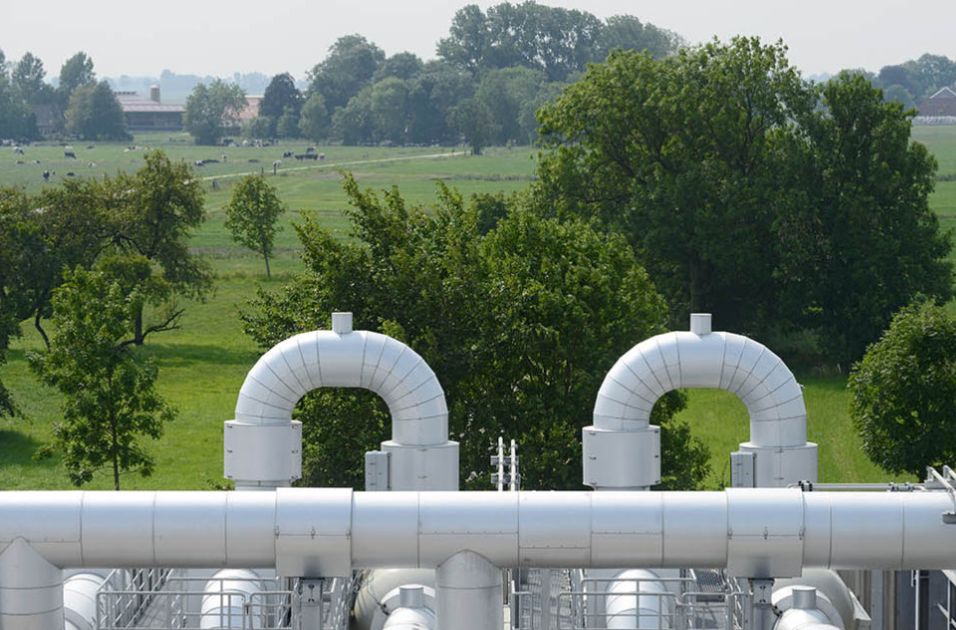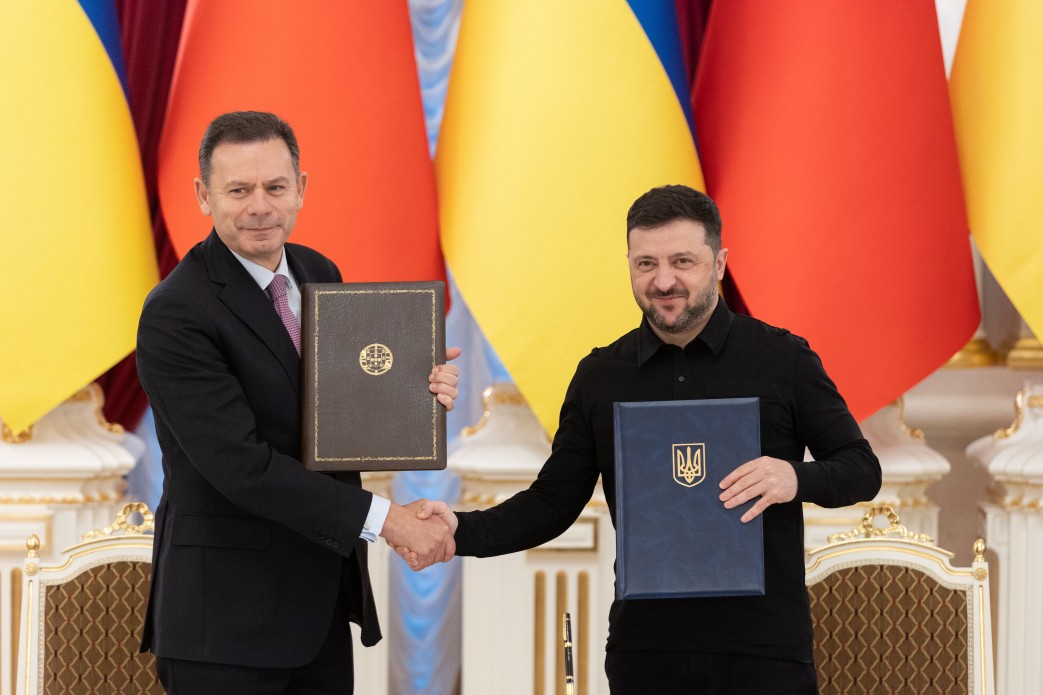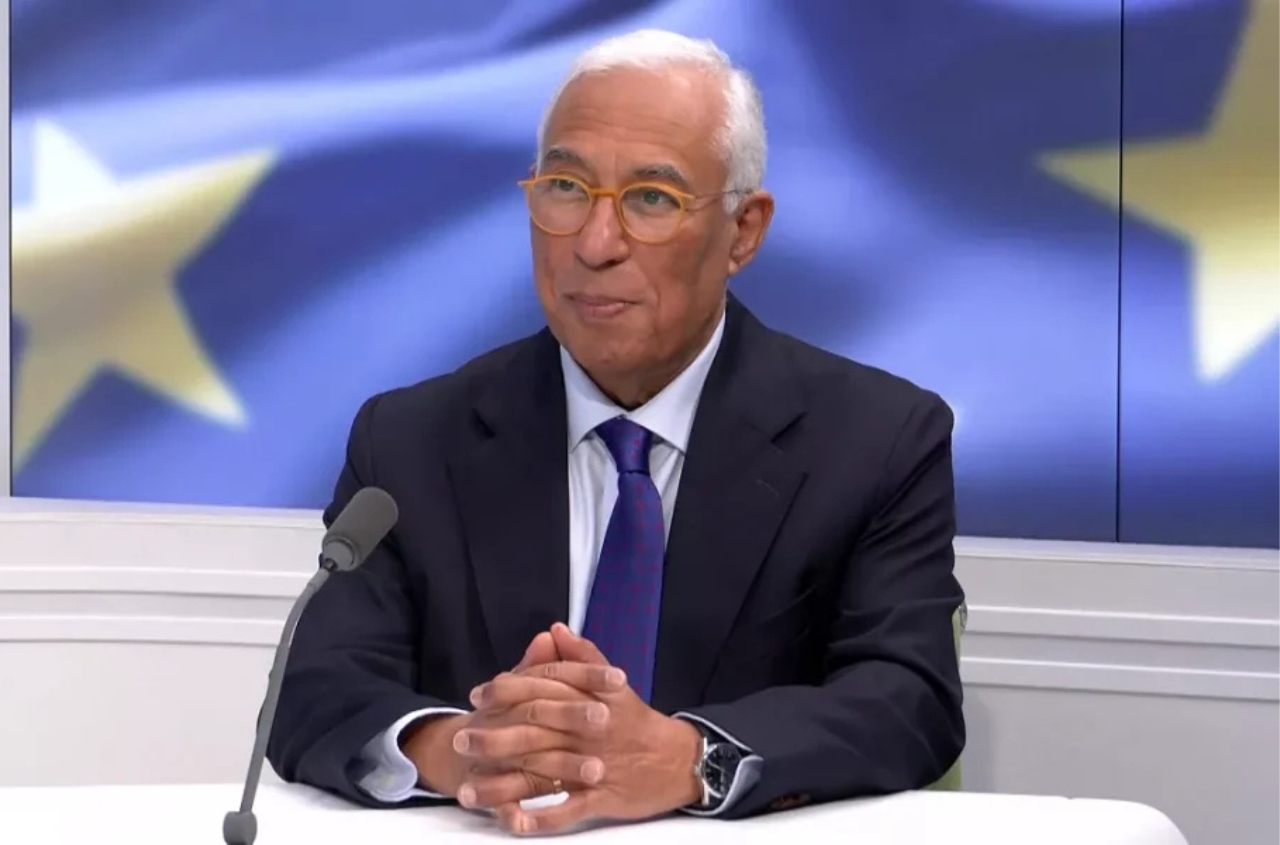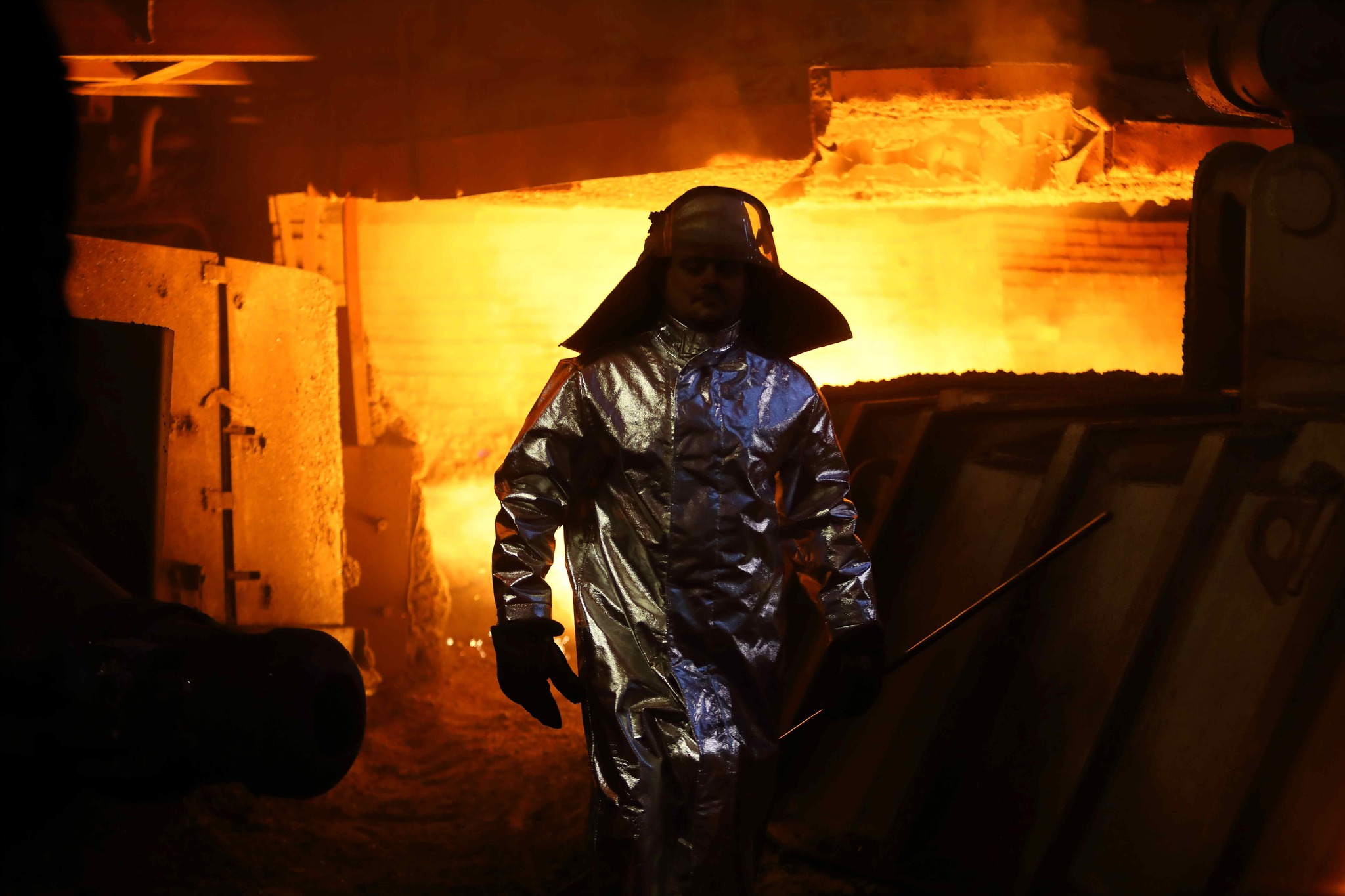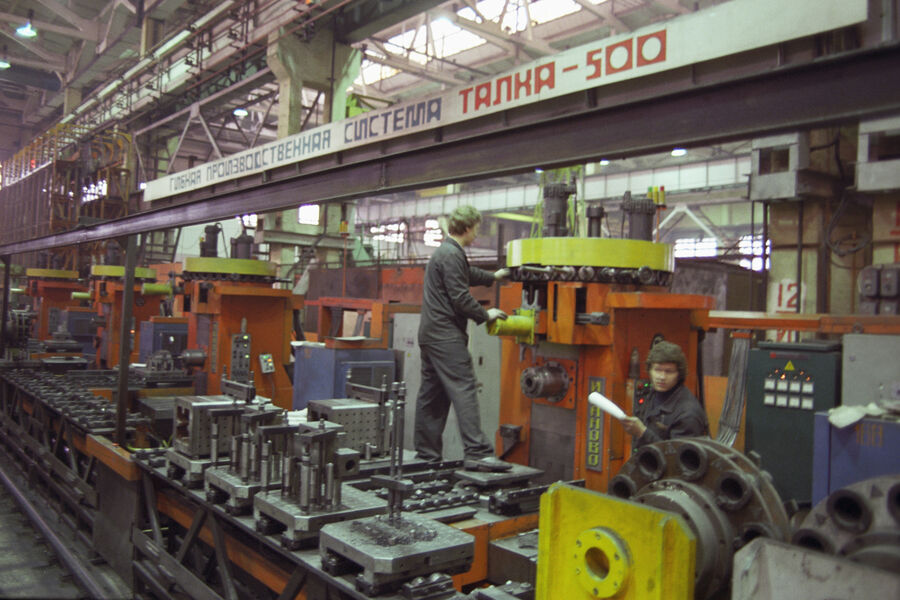European Commissioner for Energy Kadri Simson has stated that the EU is prepared to operate without Russian natural gas if transit through Ukraine is halted. According to Simson, EU member states began preparing for a complete halt of supplies through Ukraine two years ago and have intensified their efforts over the past two months. Overall, the EU's dependence on Russian gas has decreased from 45% in 2021 to 15% last year, noted the commissioner.
Simson emphasized that European countries are still following a phased plan to reduce reliance on Russian gas without compromising energy security. However, she acknowledged that energy prices in the EU remain high, affecting Europe’s competitiveness, particularly compared to China and the US.
"We have done much to lower prices from their peak in 2022, but now we need to address structural issues. I believe the main path forward is to further accelerate the deployment of renewable energy sources," said Simson.
In spring 2023, European Commission President Ursula von der Leyen declared that the EU had overcome its dependence on Russian oil and gas. However, she noted that European countries would need to purchase American LNG for several decades, potentially leading to a new dependency on the US.
The long-term contract between Gazprom and Naftogaz for the transit of Russian gas through Ukraine ends in 2024. Kyiv has previously expressed its unwillingness to extend it. Russian President Vladimir Putin stated that Moscow does not intend to abandon the transit but cannot force Ukraine to extend the agreement.
"This means the volumes of gas arriving in Europe will decrease. They will be routed through other channels, such as the Turkish Stream, and possibly partially through the Blue Stream. How this will affect them [Europe] — I don’t know for sure; we are dealing with our own issues while they deal with theirs. If they don’t want it, then they don’t have to," said Putin, promising to increase supplies to China.









